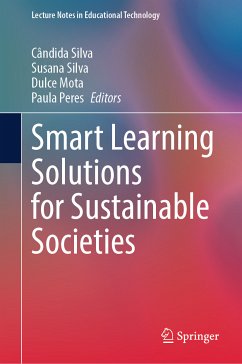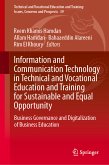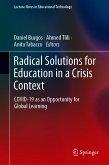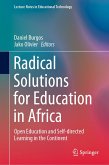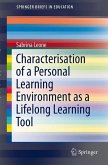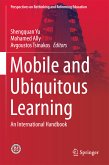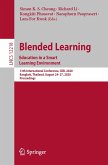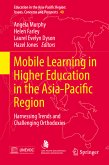Sustainable societies are built on twenty-first-century skills. Attaining the United Nations' Sustainable Development Goals requires a focus on a new set of knowledge, skills, and attitudes, as well as novel and smart strategies that leverage state-of-the-art technologies and make these skillsets widely available in our societies to all groups of people, at any time in their lives, in professional as well as academic settings. This book serves as a helpful resource for researchers, academics, practitioners, and consultants from around the world who are involved in the study, management and development of educational technology, smart learning, sustainability education, and related issues.
Dieser Download kann aus rechtlichen Gründen nur mit Rechnungsadresse in A, B, BG, CY, CZ, D, DK, EW, E, FIN, F, GR, HR, H, IRL, I, LT, L, LR, M, NL, PL, P, R, S, SLO, SK ausgeliefert werden.

